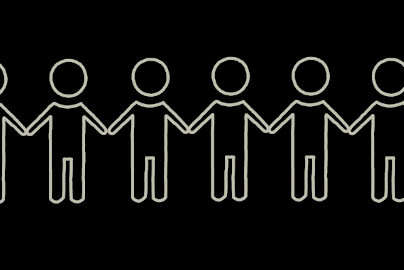
MOOCs and e-courses
MOOCs

Radicalisation:
entering, exiting, and preventing extremism
This unique course opens the door to radicalisation by focusing on why people radicalise, join extreme organisations, and leave them at some point. Using personal, local, and academic sources, the course aims to offer teachers a basic understanding of extremism processes. Also, the tools they can use in the classroom for preventing and tackling extremism.

Islam: becoming, being, leaving and meeting at school
“Islam: becoming, being, leaving, and meeting at school” is an interdisciplinary MOOC that provides the participant with basic knowledge of the influential topics that shape the current political environment, legal frameworks, and public opinions. The objective of the MOOC is to establish recognition and an accurate understanding of people in Muslim societies and countries in the Middle East, the Arabian peninsula, and Northern Africa.

Gender hierarchies and their impact in today’s world
This MOOC discovers the role of gender hierarchies and their effect on individuals and societies in the work environment, education system, and relationships with themselves and others. The participant learns about the main terms and concepts of gender studies and hears discussions with educators, sociologists, and physicians who see and tackle the impact of gender hierarchies daily.
E-courses

Social work with foreigners
A socially vulnerable group of foreigners (especially non-Europeans) requires a specific approach from a social worker. The course presents the techniques needed to work with foreigners and puts related issues in a broader legal, economic, and historical context.

STATE: Support Teachers And Tolerant Environment
Process supporting teachers with creating tolerant environments at schools is very important thing. So, we have a STATE, little help for teachers, future teachers and Ph.D. students. We put together main theoretical context and terms, activities for lessons and personal story for better understanding of topics.


